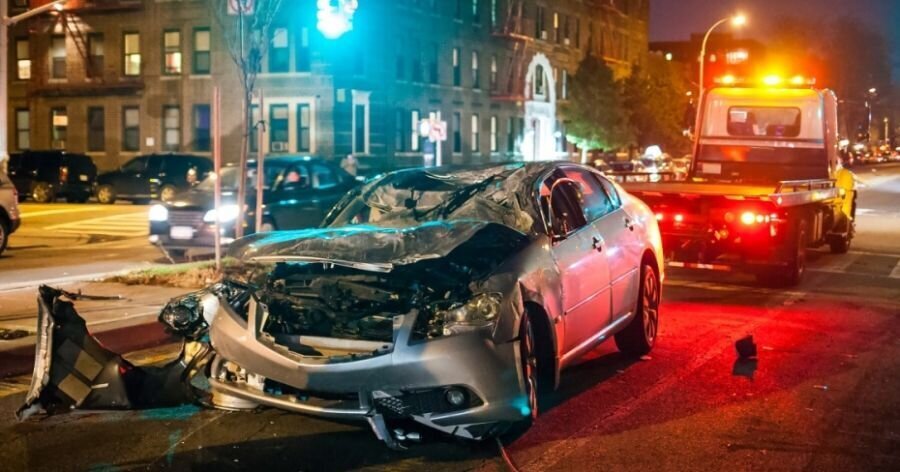Can your car’s dash cam footage be used against you?
By: Renee Sylvestre-Williams on December 27, 2019
Dashcams are for more than catching meteors blazing above Russians cities or capturing that person stunt driving on the 401. They can be a valuable tool should you be involved in a road altercation but while people think they are useful, dashcams can also have a downside.
But first, let’s get the insurance question out of the way. No, auto insurance companies aren’t offering discounts to drivers who have dash cams installed in their vehicles, said Insurance Bureau of Canada’s Pete Karageorgos, director of consumer and industry relations for Ontario in a recent article for the CBC.
That may come in time if Canada chooses to follow Russia and some European countries who do offer discounts. For now, dashcams are being used by Canadians and are part of the legal system. The bigger question is, can it be used against you? How do you properly use dashcam footage to prove your case and do you have to hand it over to the police?
Sometimes footage can hurt more than help
The short answer is yes, dashcam footage can be used for or against you, says Kyla Lee, a driving lawyer based in British Columbia.
“We see this often with cases where people are either prosecuted on the basis of dashcam footage that shows them driving in an abhorrent manner,” says Lee. “And then if there's an accident subsequent to that, dashcam footage is often used to prove the manner of driving leading up to the accident or dashcam footage is used by people to exonerate themselves.”
She explains a case in B.C. recently where a man was being investigated for an insurance claim and whether he was at fault for an accident. He had a dashcam and was able to show that the accident was caused by another driver, who had been driving aggressively and had blocked the man’s view of oncoming traffic.
That was a successful case of dashcam footage exonerating someone. Similarly, our own product manager, Justin Leung, was able to show he was not at-fault when he found himself in an accident earlier this year.
When it comes to the time and usage of the footage in a case, Lee says it depends on the case. If you have a criminal case and are using footage in your defense, you can keep it to yourself until it’s time to call your defense. Alternatively, she says, if it's in the possession of the prosecution, they do have to give it to you with a reasonable amount of time for you to be able to prepare for trial, to understand the implications of it and to respond to it adequately in a civil trial. With trials that deal with insurance, liability and civil responsibility, there are time limits for when evidence has to be exchanged and Lee says that varies for each province.
So, are dash cams helpful for insurance?
Overall, Lee says her mental jury is still deciding on whether dashcams are useful. She says that everybody perceives themselves to be a better driver than they are, so when people come to her with footage of their own incidents thinking it would exonerate them, it can actually hurt them instead.
“So from my perspective, I think that it's generally less helpful for my clients to have it. But at the same time, it's a really great way to get a piece of objective evidence that shows what happened at a point in time that can't be disputed. It's just a recording from a position where the dashcam was set up and what's captured on dashcam is what actually happened.”
So while it probably wouldn’t hurt to have a dashcam in your vehicle, understand that the footage is objective and it’s up to the legal system to decide who’s at fault. It can certainly be used against you.

.jpg?itok=88nBkwga)
.jpg?itok=W5fSKczJ)